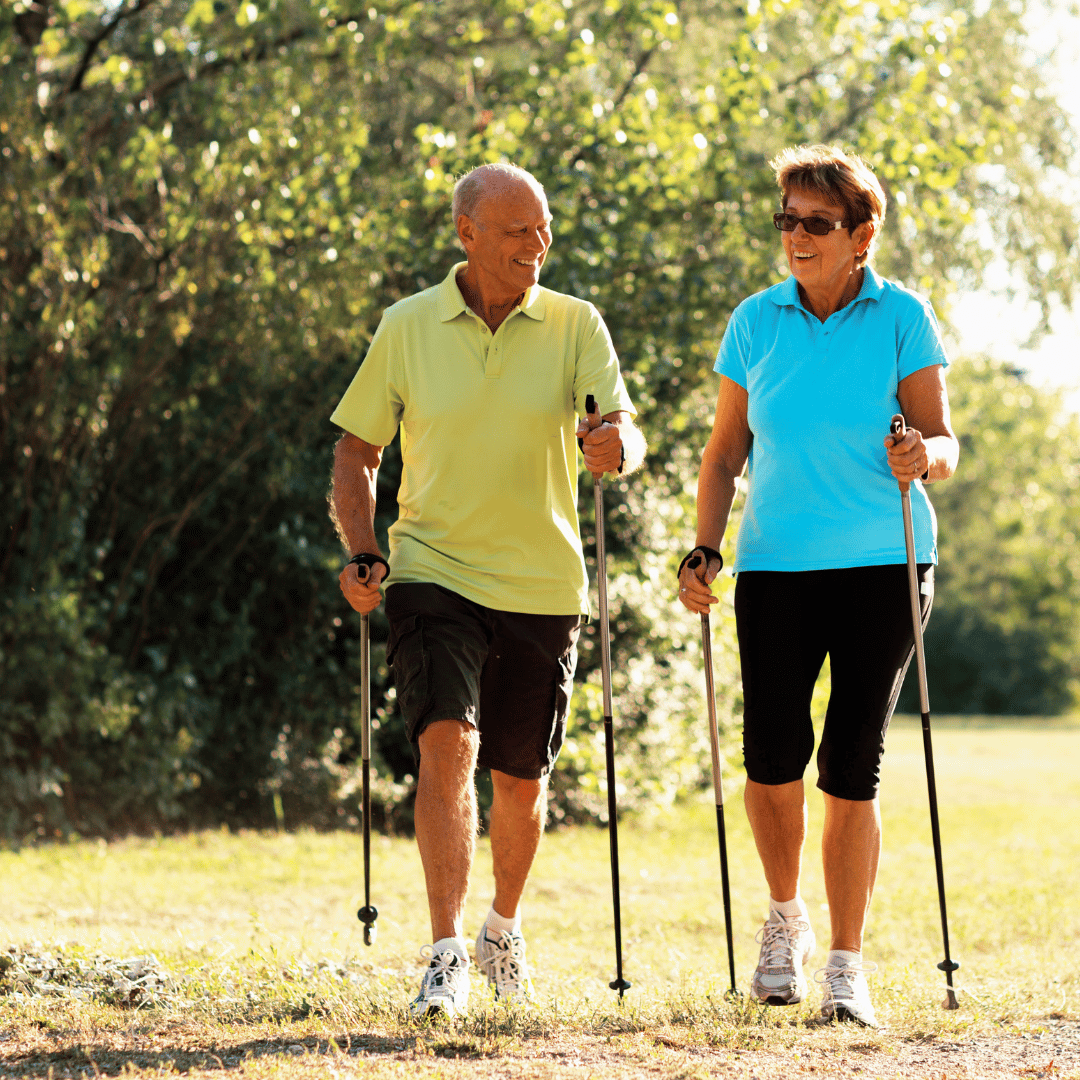
Retirement is a significant life transition that offers the opportunity to focus on personal well-being. While this stage of life is often associated with relaxation, maintaining a proactive approach to health and wellness is crucial for ensuring long-term vitality. A well-balanced retirement wellness plan includes physical activity, mental engagement, nutritious eating, social connections, and stress management.
Prioritizing Physical Health
Regular exercise is key to staying healthy in retirement. Engaging in physical activity helps maintain muscle strength, improve cardiovascular health, and boost overall energy levels. Here are some simple ways to stay active:
- Walking – A daily walk promotes heart health, aids in weight management, and improves mental clarity.
- Strength Training – Light weightlifting or resistance band exercises help preserve muscle mass and bone density.
- Yoga and Stretching – These activities enhance flexibility, reduce stiffness, and support balance.
- Swimming – A low-impact, full-body workout that is easy on the joints.
The goal is to incorporate at least 150 minutes of moderate exercise per week, as recommended by health experts.
Mental Stimulation and Lifelong Learning
Keeping the mind sharp is essential for overall wellness. Studies show that engaging in mentally stimulating activities can help reduce the risk of cognitive decline. Consider the following habits:
- Reading – Books, newspapers, and online articles keep the brain engaged and expand knowledge.
- Puzzles and Games – Crossword puzzles, Sudoku, and board games challenge the mind and improve problem-solving skills.
- Learning New Skills – Taking up a new hobby, learning a musical instrument, or enrolling in an online course fosters mental agility.
- Mindfulness and Meditation – Practicing mindfulness reduces stress and enhances emotional well-being.
Nourishing the Body with Healthy Foods
A balanced diet is fundamental to long-term health. Proper nutrition supports energy levels, strengthens the immune system, and prevents chronic diseases. Key dietary habits include:
- Eating Whole Foods – Fresh fruits, vegetables, whole grains, lean proteins, and healthy fats should be the foundation of every meal.
- Staying Hydrated – Drinking enough water helps with digestion, joint health, and cognitive function.
- Moderation in Sugar and Processed Foods – Limiting processed foods and added sugars reduces the risk of diabetes and heart disease.
- Portion Control – Being mindful of portion sizes helps maintain a healthy weight.
Building Social Connections
Staying socially active is vital for emotional and mental health. Strong social connections reduce feelings of loneliness and contribute to a sense of belonging. Here are some ways to nurture relationships:
- Joining Clubs or Groups – Book clubs, fitness groups, or volunteer organizations provide meaningful interactions.
- Spending Time with Loved Ones – Regular visits with family and friends strengthen bonds and create lasting memories.
- Participating in Community Events – Engaging in local activities fosters a sense of community involvement.
Managing Stress and Maintaining a Positive Outlook
Stress management is an integral part of a retirement wellness plan. Simple habits can enhance overall happiness and reduce anxiety:
- Practicing Gratitude – Keeping a gratitude journal helps cultivate a positive mindset.
- Engaging in Relaxation Techniques – Deep breathing exercises, meditation, and nature walks reduce stress.
- Getting Enough Sleep – Quality sleep is crucial for maintaining energy and cognitive function.
Conclusion
Retirement is a time to embrace health and vitality by making small, sustainable lifestyle choices. Prioritizing physical activity, mental engagement, healthy eating, social connections, and stress management contributes to long-term well-being. By incorporating these simple habits into daily life, retirees can enjoy a fulfilling and vibrant future.
